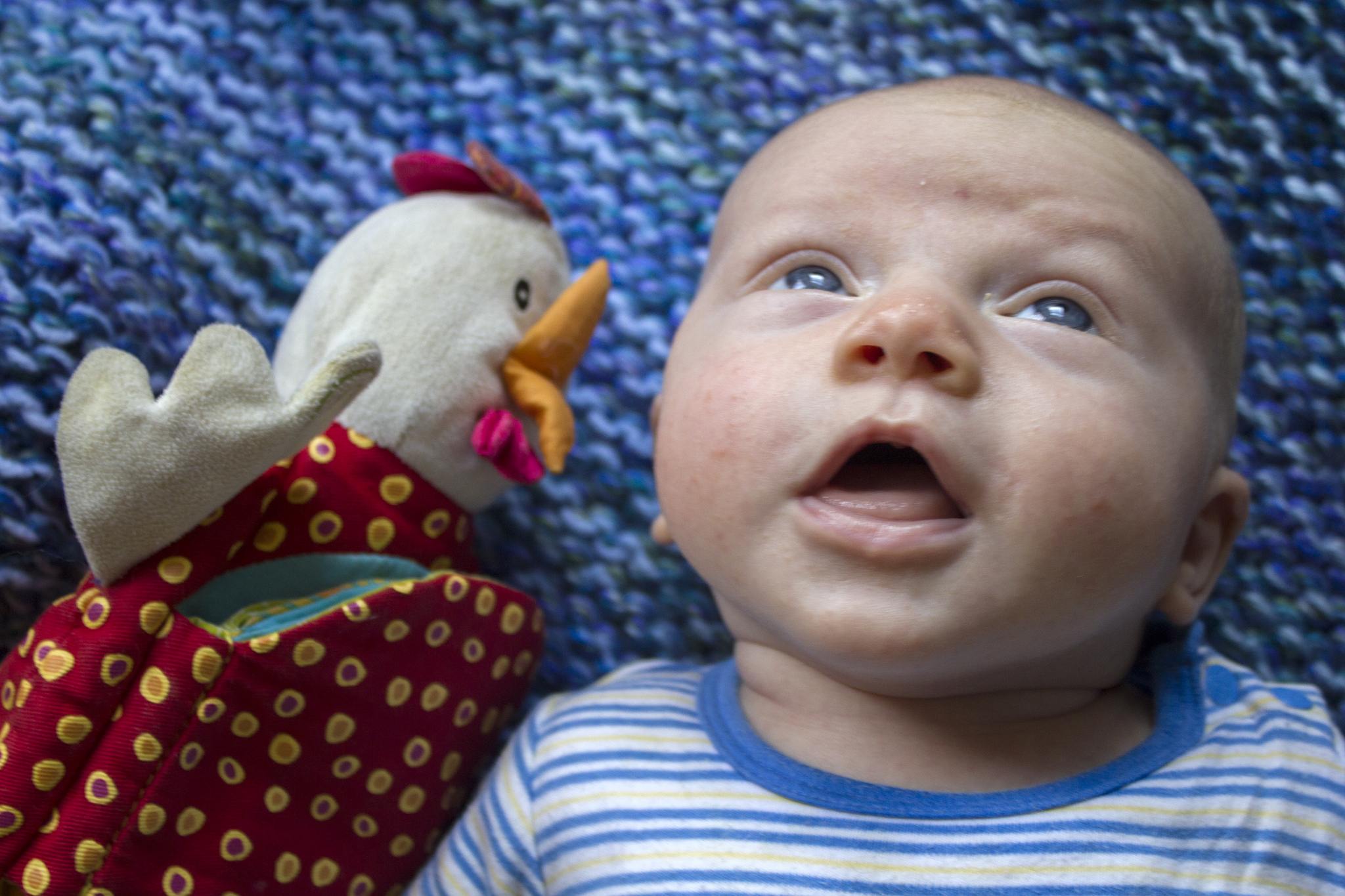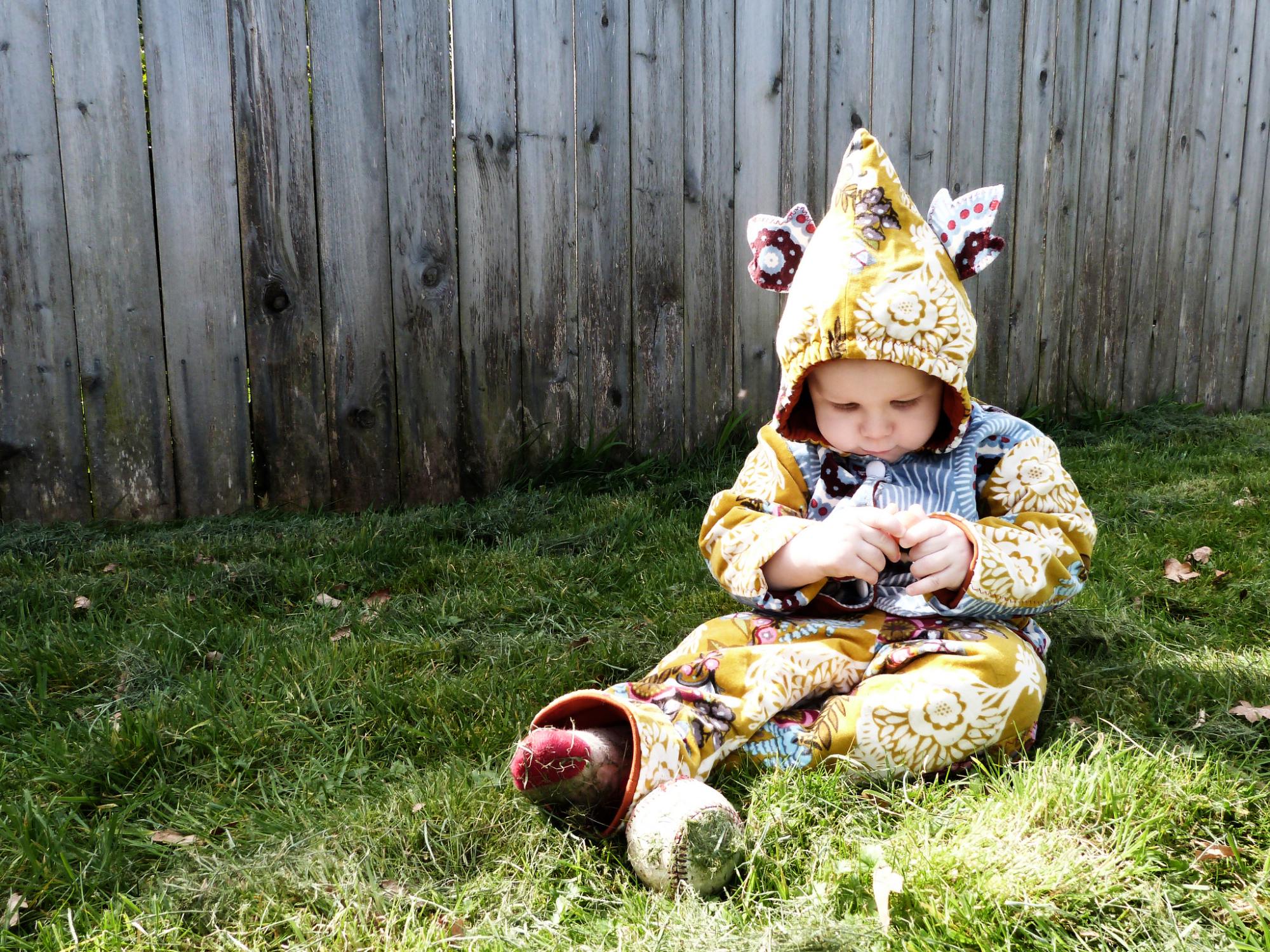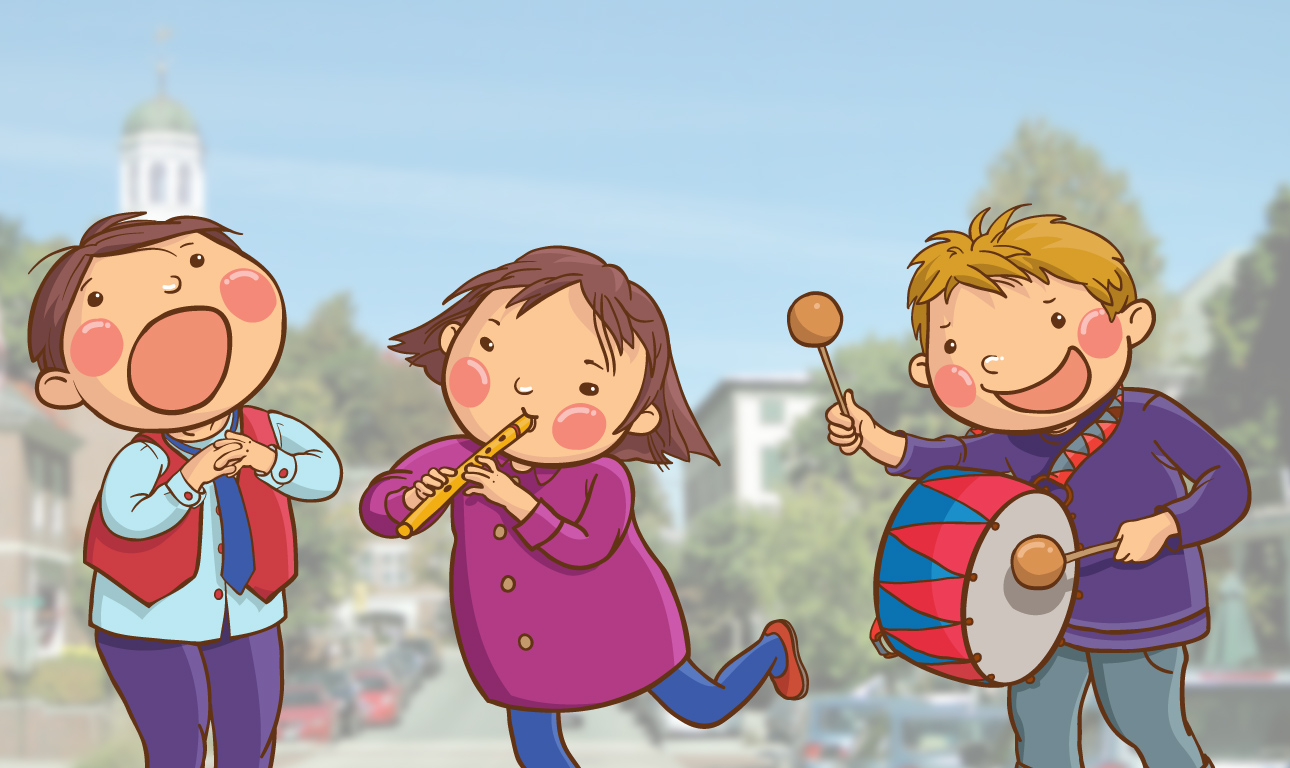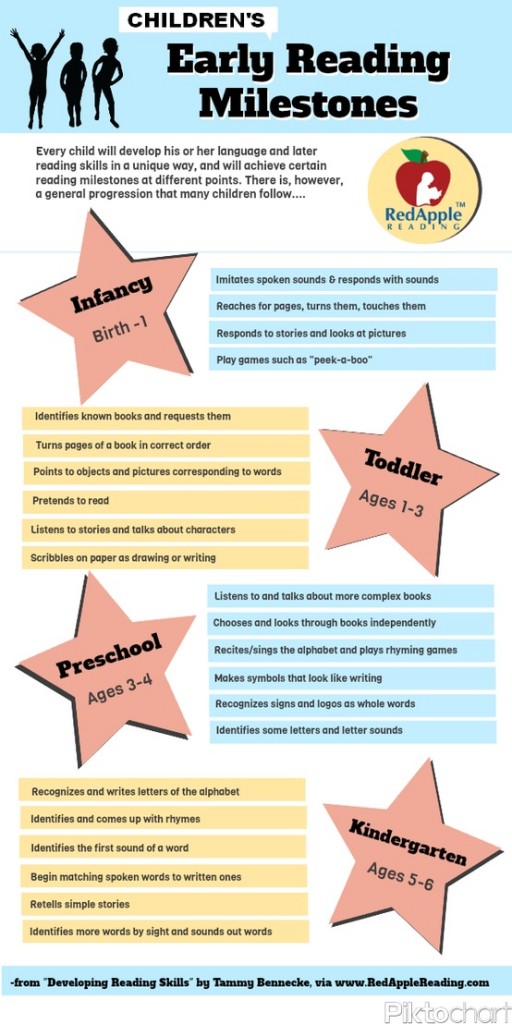Before children set foot in a classroom, their main source of knowledge comes from within the home. That’s why one of the philosophies of the Thirty Million Words Initiative (TMW) is “Parents are children’s first and most important teachers.” Many children will know how to say 100 words by the age of 21 months and will normally begin to string those words into short sentences. This is precisely why introducing vocabulary to your child early on is essential. Although it may just seem like baby talk, research has shown that parents who begin speaking to their children at an early age provide their child with a greater advantage later in life.
New Language Development Research: Early Assessments Predict Future Academic Success
Language Development NewsA recent language development research study sought to understand whether children who were identified as having language challenges in preschool tended to have longer term academic difficulties. As you can see, from the very nature of what they were trying to investigate, this longitudinal study—spanning two decades—was the way to go. Research in the field of speech-language pathology deals with human behavior, which is extraordinarily complex. It can take years to be able to draw solid conclusions about the clinical effects of the work we do. What these authors found was surprising and has important implications for how we approach language challenges in preschool children. This study was just published by the American Journal of Speech-Language Pathology, and can be accessed in its entirety on their site. But I wanted to make sure that parents would have access to such important work, by describing it’s implications.
Let’s Learn the ABCs
Language Building GamesExposure to the alphabet early on is important for young children. Knowing the alphabet and the sounds they make—letter-sound correspondence—is a step closer to learning to read and write. The letters in the alphabet are the building blocks for literacy. Children who have difficulties recognizing letters from the alphabet and/or the sounds that corresponds with the letter are likely to struggle with reading and spelling. This is one reason why children with speech and language delays tend to be at risk for reading and writing challenges. Learning all 26 letters at once can be a daunting task, especially for a young toddler; however, you don’t need to learn the ABCs all at once. Start by having them recognize the letters in their names first. There are various activities that you and your toddler can do together in order to begin helping them recognize the letters of the alphabet and the sounds they make.
Photo: Pencils by Bernard Goldbach
Children’s Songs in Different Languages — Singing Language Learning!
Language Building GamesBeing the proud father of two kids and the husband of someone who is very talented musically (sadly I cannot call musicality one of my talents), I have had the pleasure of plenty of children’s songs. Singing is not only fun and can connect your next generation to a vital cultural thread, but singing has been at least anecdotally linked to the development of early language skills in children. But since we happen to live in a monolingual American English household, just about all of the songs we’ve sung to and with our children, have been in English. In the vein of being a hardcore language geek who deeply appreciates language diversity, I thought it’d be fun and enriching to provide you with a compendium of classic children’s songs in a variety of the world’s languages. As you sample the linked song clips, try to identify themes in the tunes, as they compare to the songs you came to love as a child and may also sing to your children. These could be melodic themes, onomatopoeia, alliteration, or content themes. Or, you could simply just enjoy them!
Is It Possible to Stimulate a Baby’s Language Development? Yes! Try These Speech Therapy Activities
Speech Therapy TechniquesYesterday, we covered a recent scientific study that explored the relationship between the ability of an infant to sit upright and his cognitive development. Being able to reach, grasp, and manipulate objects around the infant encourages his learning and growth. While it’s important to help your baby learn to sit upright, there are numerous other speech therapy activities you can do to encourage your baby’s early language development.





